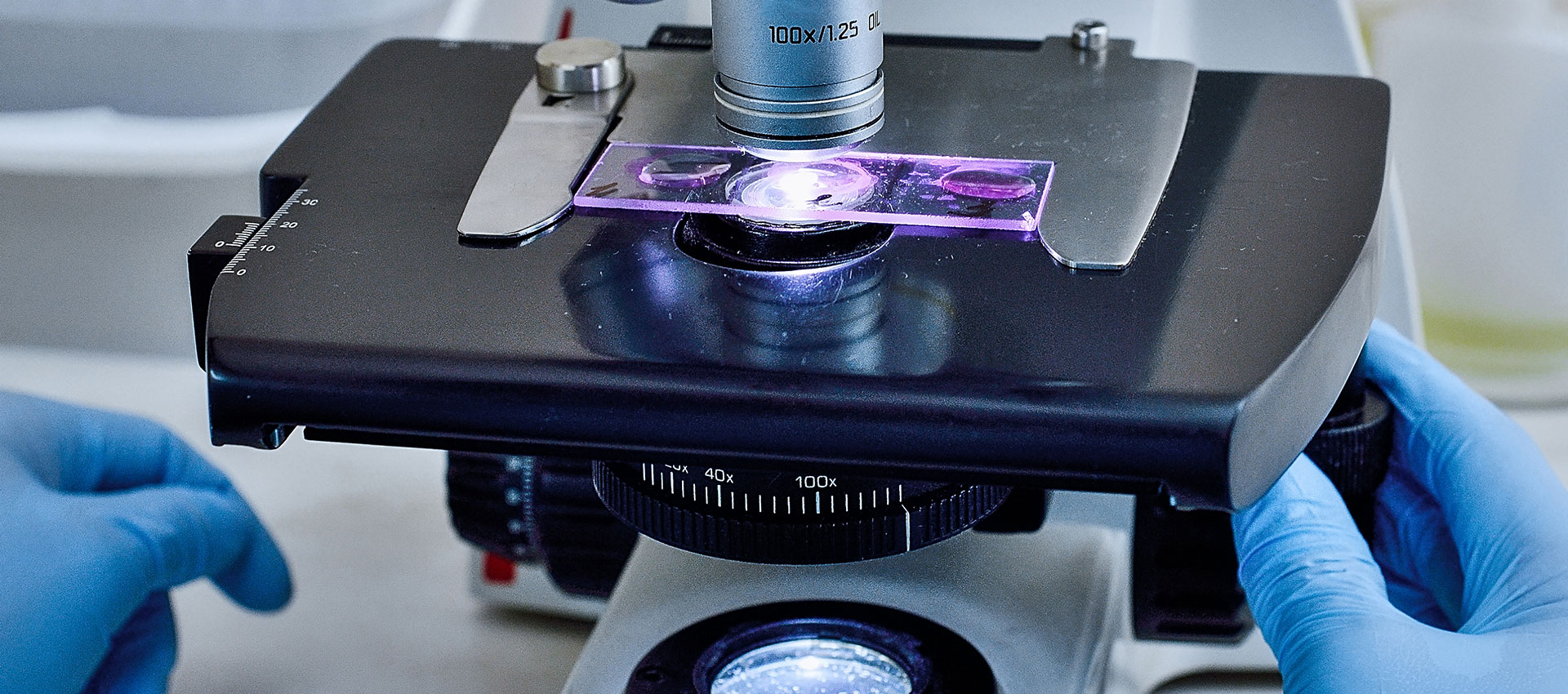Microbes are the oldest form of life on our planet. Scientists have found fossils which are more than 3.5 million years old that contain remnants of the earliest bacteria-like microbes. Such fossils tell us that these microscopic organisms were around when the Earth was covered with water, which often reached boiling point. The word microbe is short for microorganism, which literally means small organism. Believe it or not, while microbes have lived without us on this Earth for millions of years, we certainly could not live without them!
Where Are Microbes Found?
Everywhere!
Why Microbiology Matters:
The study of microbes helps us to understand our world and our place within it. Microbiologists are at the cutting edge of research, working to cure diseases, solve the problems of dwindling resources on our planet, and better understanding the world around us.
A degree in microbiology can give you:
- Specialised knowledge: Become an expert in a field at the forefront of science.
- Varied and exciting challenges: with many further specialisms to choose from, find your niche in an area you can really care about such as medical, environmental, industrial, food microbiology, mycology, virology or biotechnology.
- Opportunities around the world: Microbes are in every habitat on our planet, whether you’re a marine microbiologist in the Pacific, meeting indigenous peoples in West Africa, or even in space, microbiology can take you anywhere you can dream of going.
- The chance to make a difference: In association with the government, projects and collaborative research work in the field have an opportunity to create a difference.
Always remember, microbiology is awesome!
“Microorganisms are alive and ever changing, keeping things interesting. There is always something new to discover and learn!”
ડો. કૃતિ પરમાર
Department of Microbiology
Shrimad Rajchandra Vidyapeeth.




